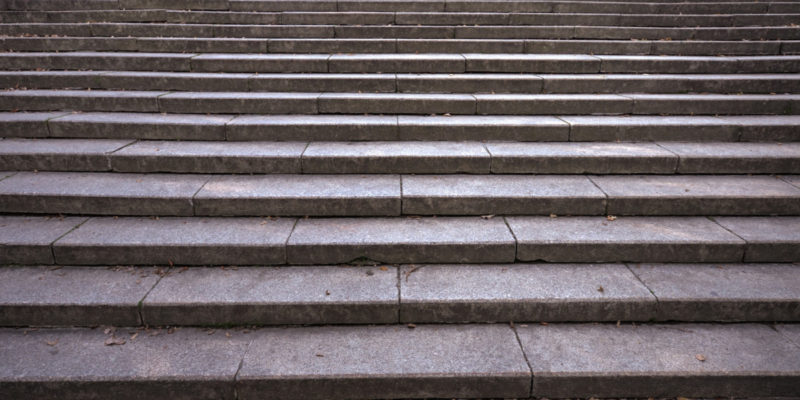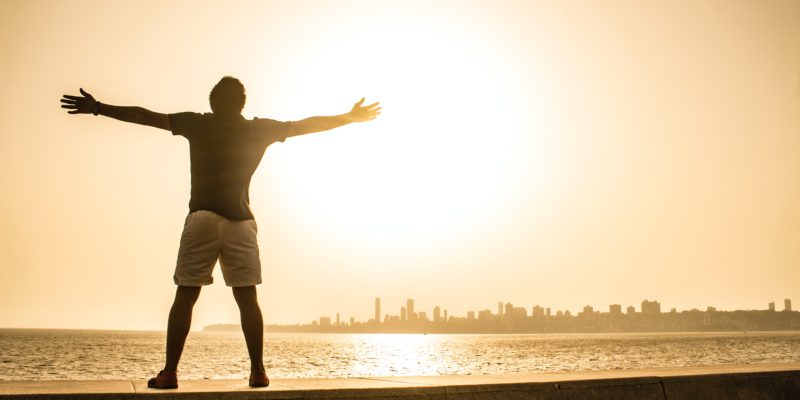From the time COVID-19 was confirmed as a global pandemic, there have been a number of social, political and economic injustices taking place in homes and societies. Millions of people across the world cannot find any peace of mind as they are in one way or another oppressed. This is either directly by the COVID-19 infection or indirectly by its social, psychological, economic, political and religious effects.
Continue ReadingCreation, Liberation Theology, and COVID-19
My colleague Steve de Gruchy,1Steve taught in the School of Theology and Religion at the University of Kwa-Zulu Natal in South Africa. He drowned in 2010 during a rafting trip on the Mooi River. Steve’s death while with his family on a holiday adventure is a tragedy; it is also a reflection of his passion to live exuberantly. Steve’s channeled this passion with a keen awareness that exuberance was not the same as extravagance and his deep, abiding commitment to a Biblically informed social justice grounded every part of his life and career. His contributions to the field of religion and public health remain (though God only knows what else he would have produced) and he is missed. in 2009, wrote a theological paper entitled, “Dealing With Our Own Sewage.”2Steve de Gruchy, “Dealing With Our Own Sewage: Spirituality and Ethics in the Sustainability Agenda,” Journal of Theology for Southern Africa 134 (July 2009): 53-65. I periodically teach this paper in my classes in the study of religion and public health because it offers students in public health, religious studies, and theological studies (the students I teach) a glimpse of a rich theological reflection, drawing on insight from liberation theology, on a pressing ecological crisis—access to adequate, clean water.
Continue Reading


